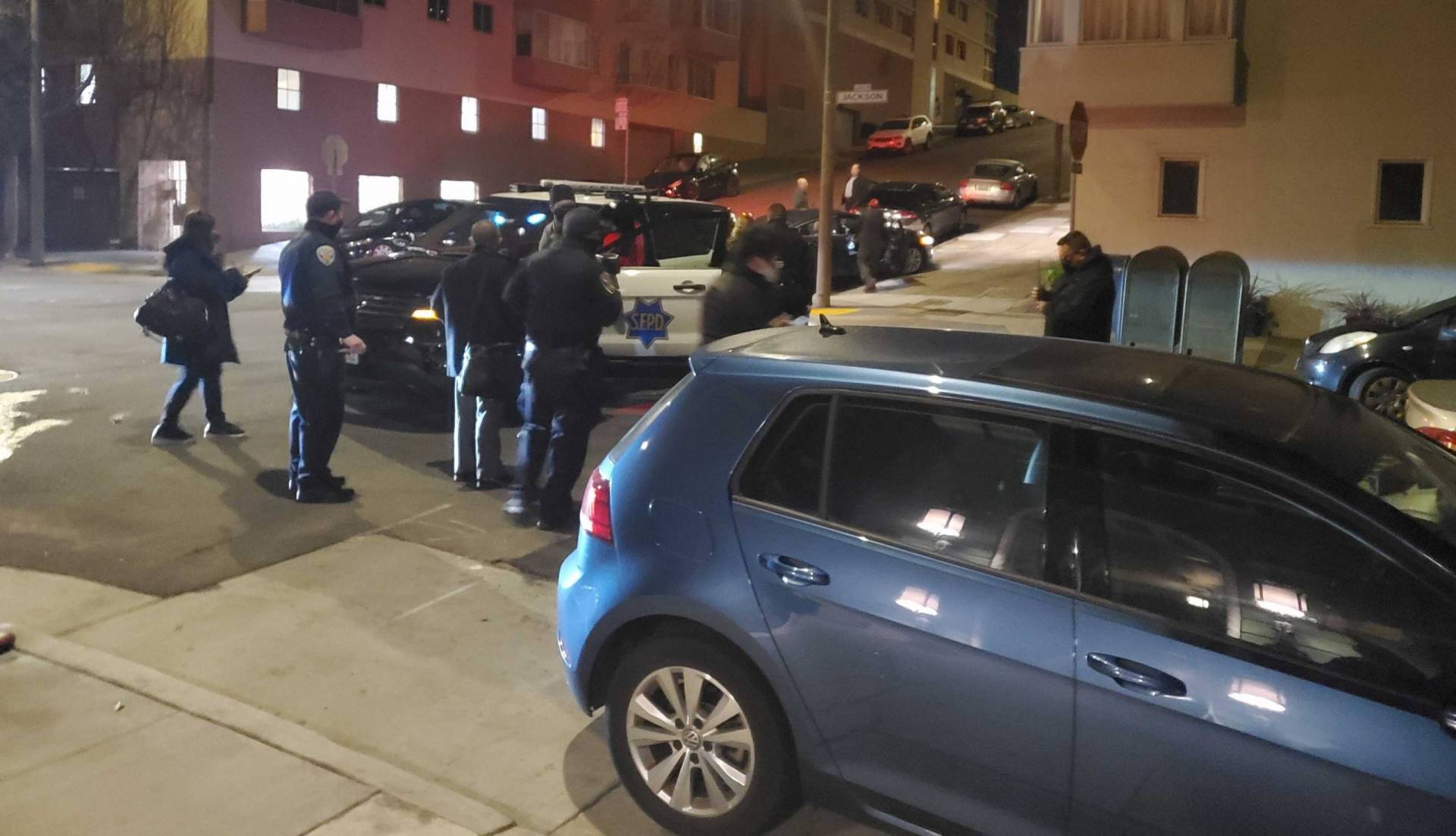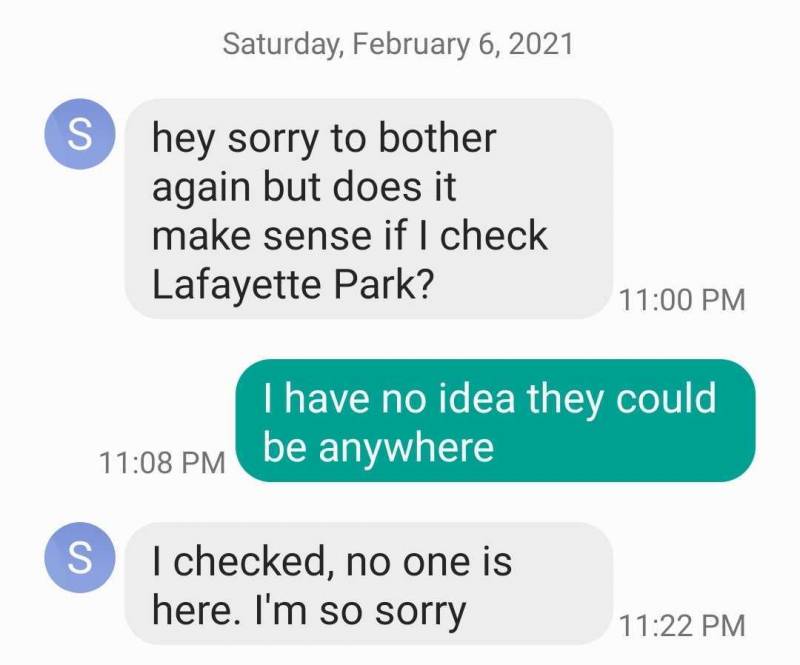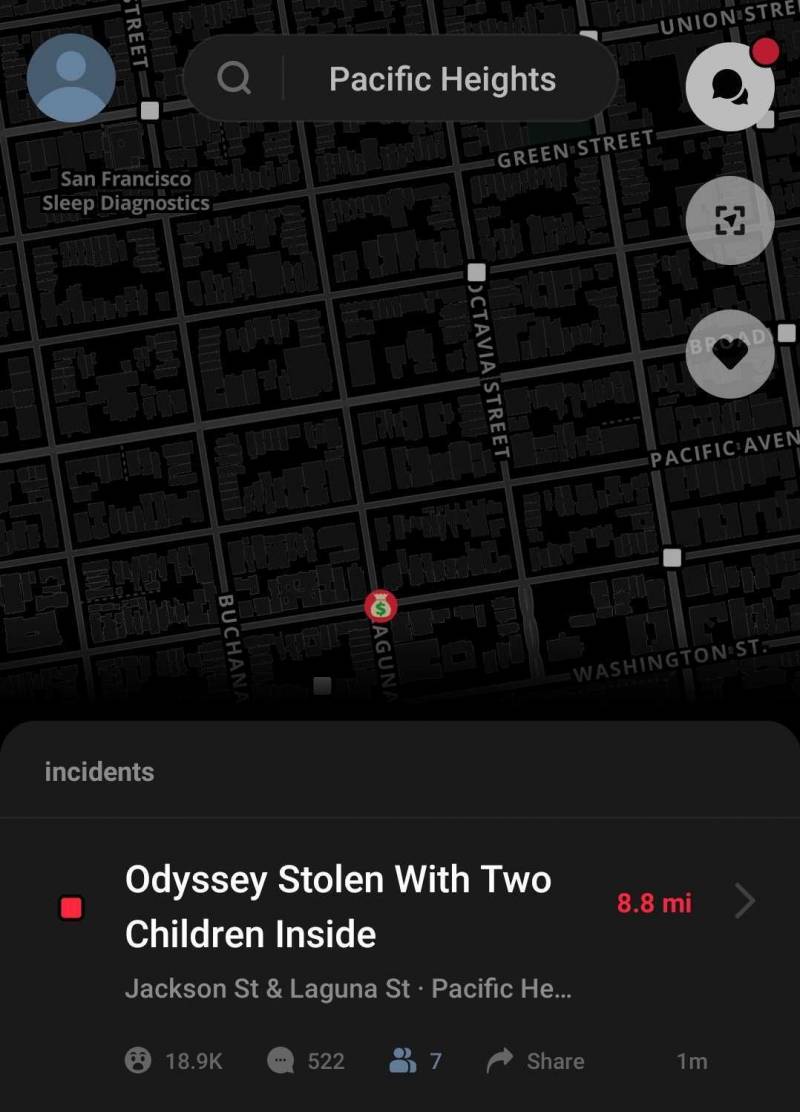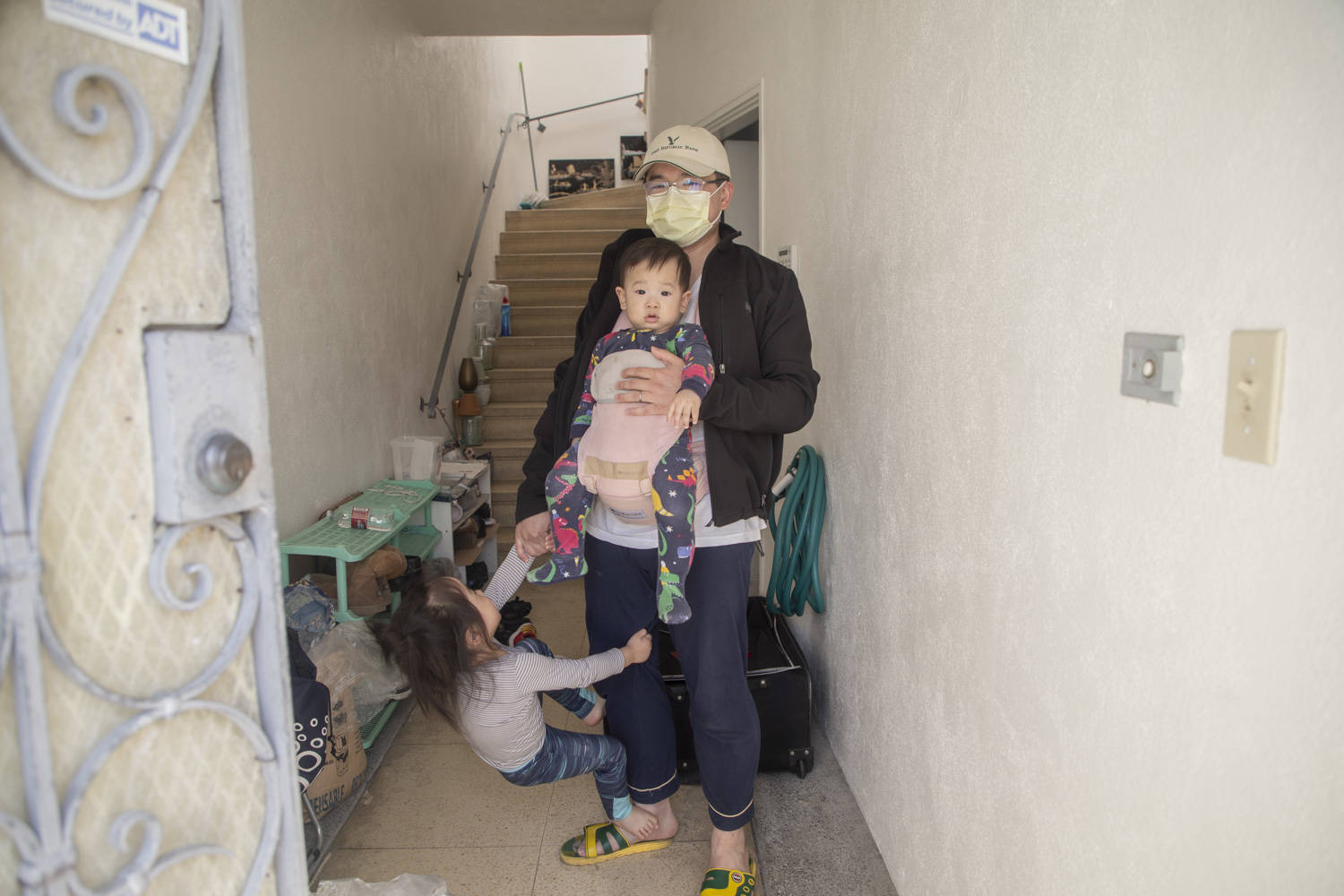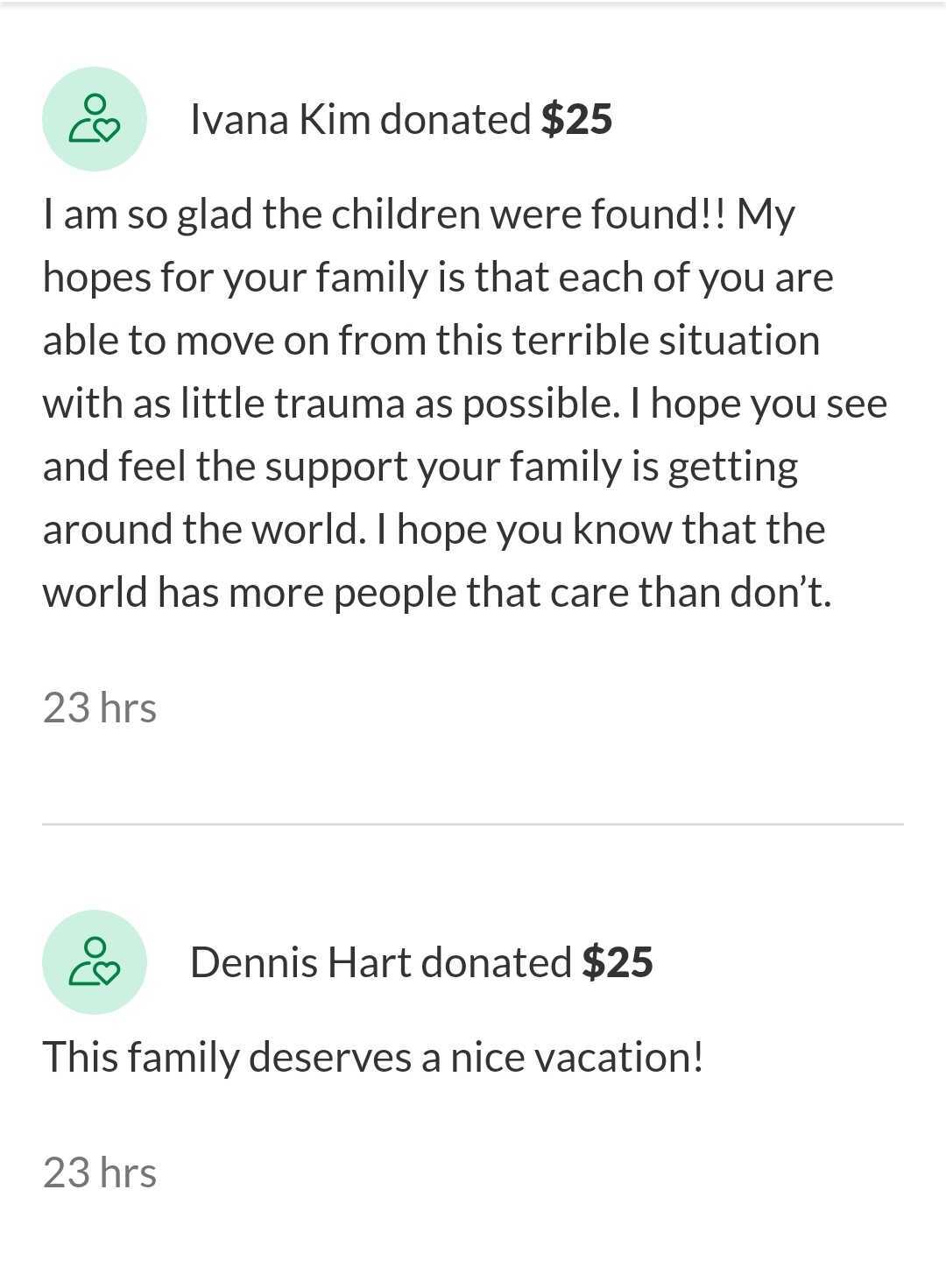Journalists who report on cities know this phone call, this scenario, nearly down to the detail: It’s the middle of the night, you’re at home unwinding in your pajamas, maybe with your latest TV-binge obsession, maybe snuggled next to a loved one, when the phone rings.
It could just be a personal call. Or it could be a news tip so compelling that everyone in your audience needs to know, now. You have to pick it up — because you never know.

You tap that green phone button, and someone on the other end outlines a grave situation. Mayor Ed Lee just died. There’s an active shooter on a hospital rooftop. A wildfire is taking a turn for the worse, prompting mass evacuations. You’ve got to go.
This past Saturday night, I got a call much like those others. San Francisco resident and DoorDash delivery driver Jeffrey Fang’s two toddlers, Winnifred and Sean, aged 4 and 1, were in the backseat of his silver Honda Odyssey minivan when it was carjacked.
Jeffrey was making a DoorDash delivery in Pacific Heights, leaving his engine on while bringing the bag of food to a front door. That’s when he spotted a stranger in his vehicle. A struggle ensued, which ended with Jeffrey’s car stolen, his children still inside.
The story was equal in gravity to so many news incidents I’ve covered. But this time, the horrific story was personal.
Jeffrey is my friend.
Trekkies Together
I admit it: Somewhere in my closet, I own a Captain Jean-Luc Picard costume. But then again, so does Jeffrey. (His is much nicer).
For almost ten years, we’ve debated the merits of Star Trek’s goofy, makeup-laden societal allegories, having bonded over the show when we were City College of San Francisco students — me a student journalist, him a student representative on the college board. Jeffrey’s been one of the few people I’ve hung out with, socially-distantly, since March. He asked me to be a pallbearer at his father’s funeral. When the damned pandemic is finally over and my fiancee and I can finally have a proper big wedding, his invitation is near the top of the list.
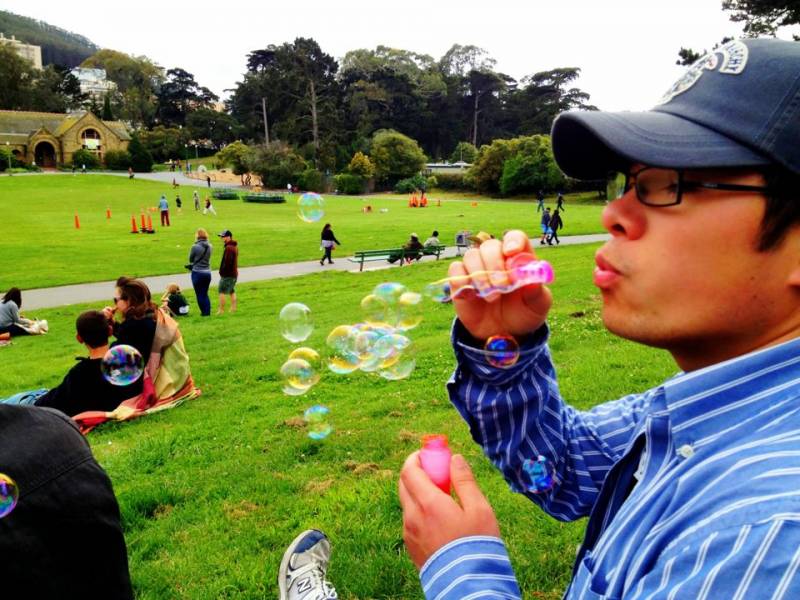
So, suffice to say, I didn’t expect that call from Jeffrey.
On the phone Saturday night, his voice was strained but focused. “I’m sorry to ask you this, Joe, but my car was just stolen with two of my children inside. I need your help to reach every TV station you can, to get the word out.”
He’s already talked to the police. But Jeffrey was right: as a journalist, I had unique connections with TV reporters, police, and community members of all stripes. I got as much information as I could—the make and model of the minivan, exact spelling of his children’s names, along with photos of them—and started making calls.
